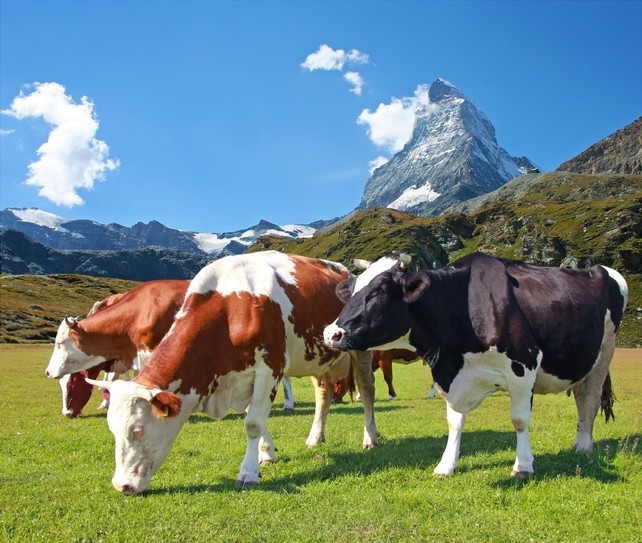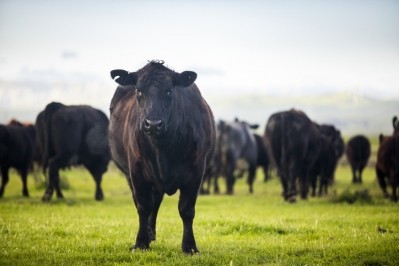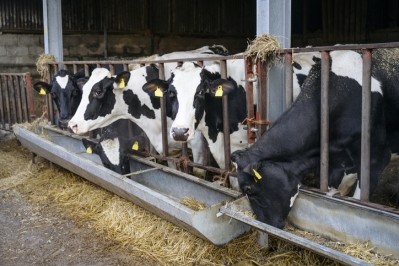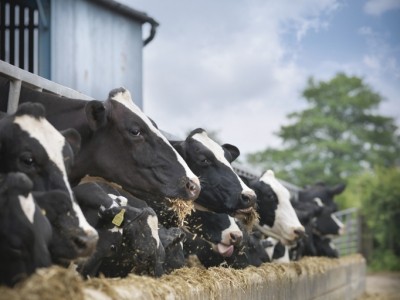Nestlé ‘exploring solutions’ to reduce methane emissions through feed

The report, Net-Zero Integrity: Nestlé’s methane blind spot, released by Changing Markets Foundation and Mighty Earth, claims that the food giant is failing to meet UN Net-Zero standards and is not prioritising scientifically robust emissions reduction measures.
Nestlé must bring its Net-Zero plan in line with UN recommendations by COP28 at the latest and set a specific methane target of at least 30% by 2030 in line with the Global Methane Pledge, say the campaigners.
Their report alleged that the multinational had a “lack of ambition” and was completely failing four and only partially meeting the remaining five of the relevant recommendations in the UN Secretary General backed report on Net-Zero standards: Integrity Matters. “The company does not have a separate science-based methane target and does not report its methane emissions separately.”

In response, a Nestlé spokesperson told FeedNavigator: “We stand by our climate roadmap; we are focused on reducing our emissions to meet our Net-Zero target, which we are on track to do. Peak carbon is behind us, and we have reduced our emissions to a level now below our 2018 baseline. We will continue to invest in R&D, in our sustainability initiatives, and in projects that encourage the adoption of regenerative agriculture practices across our supply chain.
“We are currently exploring solutions related to feed additives and the diet and digestion of the animal. We are looking at their efficacy and safety, including reduction of methane emissions.”
Maddy Haughton-Boakes, campaign adviser at Changing Markets, said: “Animal feed, either changes to feed sources or feed additives, can have an impact on methane from dairy and should be part of the puzzle. However, the importance of these is often overstated, and the impact on emissions varies based on region and, for feed additives, scalability.”
Jurjen de Waal, from environmental group, Mighty Earth, maintains that Nestlé must set measurable goals to reduce its methane emissions.
He added: “Companies like Nestlé should deploy the full range of technologies, we may need feed additives and digesters to deal with methane emissions in the short run, but, more importantly, we need [that scale of company] to set targets to boost plant-based alternative proteins and reduce herd sizes as this will drive a deeper transformation necessary for agriculture to become truly sustainable.”















